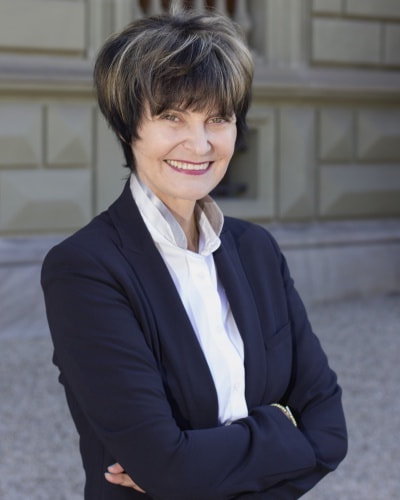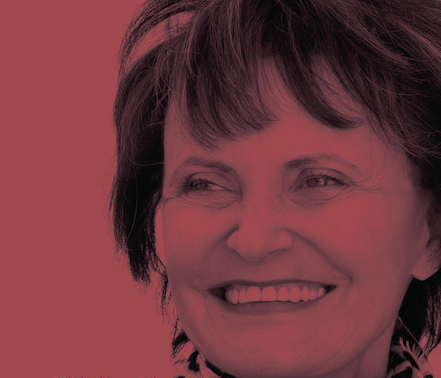Swiss Neutrality: Between Myth and Paradigm
Seminar
Micheline Calmy-Rey
President of the Swiss Confederation 2007 and 2011, Head of the Department of Foreign Affairs 2003-11
Micheline Calmy-Rey was the first (and so far only) female Head of the Federal Department of Foreign Affairs—aka Switzerland’s foreign minister—and served as President of the confederation, twice. Currently, she holds the position of invited professor at the University of Geneva.
In 2020, Mrs. Calmy-Rey wrote a book on Switzerland’s neutrality with the German title “Die Neutralität: Zwischen Mythos und Vorbild” (Neutrality: Between Myth and Paradigm). Thereby, she has become one of the latest Swiss public intellectuals to contribute to a body of literature with a long tradition. From international lawyers like the eighteenth century Emmerich de Vattel, over diplomats like Camile Gorgé, to bureaucrats like Rudolf Bindschedler and academics like J.M. Gabriel, Swiss thinkers have been contemplating neutrality for Switzerland and beyond.

Today, neutrality towers prominently over the alpine nation. To many Swiss, the idea of neutrality in foreign affairs is as natural as direct democracy for its internal political process. A recent study by the Center for Security Studies has found that public support for neutrality has been increasing to an all-time high. In 2020, 96-percent of Swiss thought that neutrality should remain a pillar of their country’s foreign policy.
However, what does that concretely mean for Switzerland’s current security situation, for its diplomacy, and its foreign policy? In her book, Mrs. Calmy-Rey considers the impact of Switzerland’s decision to join the United Nations in 2002, its application for a seat at the Security Council, the internal political situation, and various voices of critics and supporters of the neutrality concept for Switzerland’s future.
In this presentation, Mrs. Calmy-Rey will be talking about her motivation to write this book, explain her main arguments, her views on the way neutrality is headed, and how it could serve as a paradigm beyond the country’s borders.

